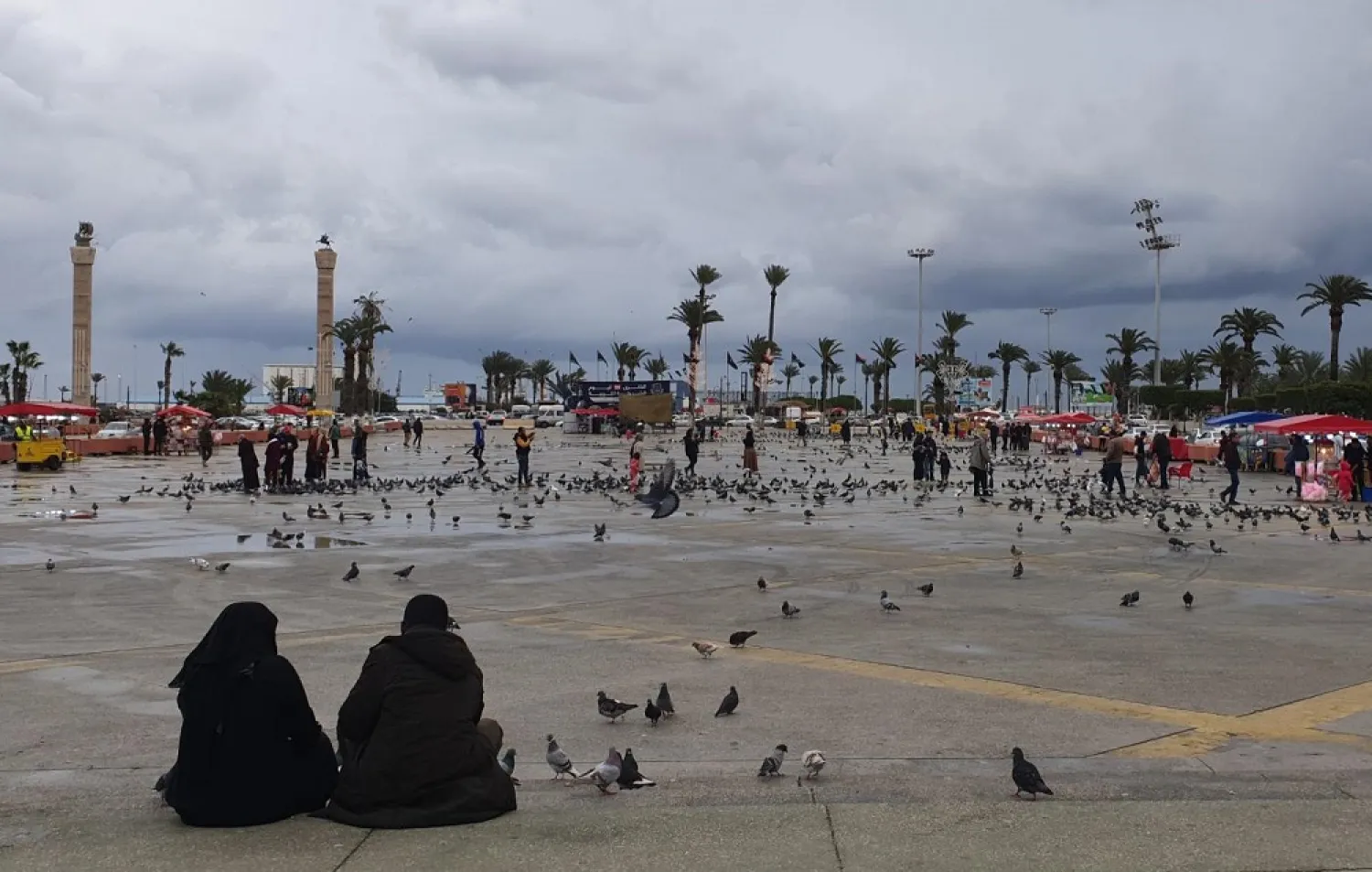Qatari Defense Minister Khalid bin Mohammad Al-Attiyah’s visit to the Libyan capital, Tripoli, on Monday was a new opportunity for the emergence of notorious military official, Mohammad bin Fitees Al Murri.
Attiyah and Turkish Defense Minister Hulusi Akar were in Libya to sign agreements deals with the Government of National Accord (GNA).
Murri had taken part in the secret war that led to the ouster of ruler Moammar al-Gaddafi in 2011. He was infamously filmed nine years ago opening fire into the air to celebrate the fall of Tripoli. Draped in a Qatari flag, the video showed him accompanied by Abdelhakim Belhaj, who was a commander of an armed factions.
Murri returned to Tripoli on Monday, dressed in a military outfit and serving in his new role as commander of the Qatari special forces.
He took part in all the meetings the high-ranking Qatari delegation held in Tripoli, even though he has been blacklisted as a terrorist for three years by Saudi Arabia, the United Arab Emirates, Egypt and Bahrain. The delegation met in Tripoli with political and military officials from the GNA.
Murri’s name was not mentioned in any official Qatari document related to the visit, but he was clearly seen in footage despite attempting hide half of his face behind his military beret.
In the days after the collapse of the Gaddafi regime, Murri was seen brandishing weapons and walking with other Qatari military officials inside Doha’s embassy in Tripoli ahead of its reopening. The Qatari flag was also raised at the memorial of the 1986 American bombing of Libya.
That image, which was slammed as provocative by Libya, still resonates with the people to this very day.
Al Jazeera describes Murri as a graduate of a British university, with a degree in military affairs. He took was part of the Qatari forces that were involved in the 2011 Libyan revolt. The forces alleged to have evacuated more than 10,000 civilians that Gaddafi had surrounded in Misrata. Murri has also been bestowed with many honors in Libya, reported Al Jazeera.









